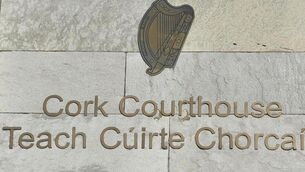Councils ‘may turn off street lights’
Paul McSweeney of the Local Authority Management Agency, which is tasked with collecting the €100 tax, said councils are “looking down the back of sofas” for savings to meet shortfalls totalling €60m.
Finance officers in most local authorities are drawing up budget reports which will be debated at meetings in September when councillors will decide the areas where the axe should fall.













